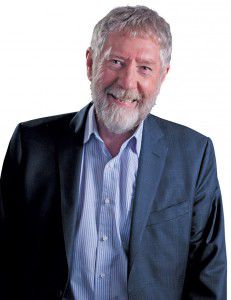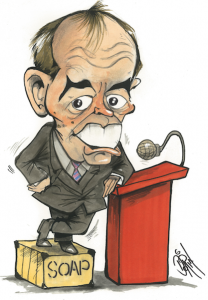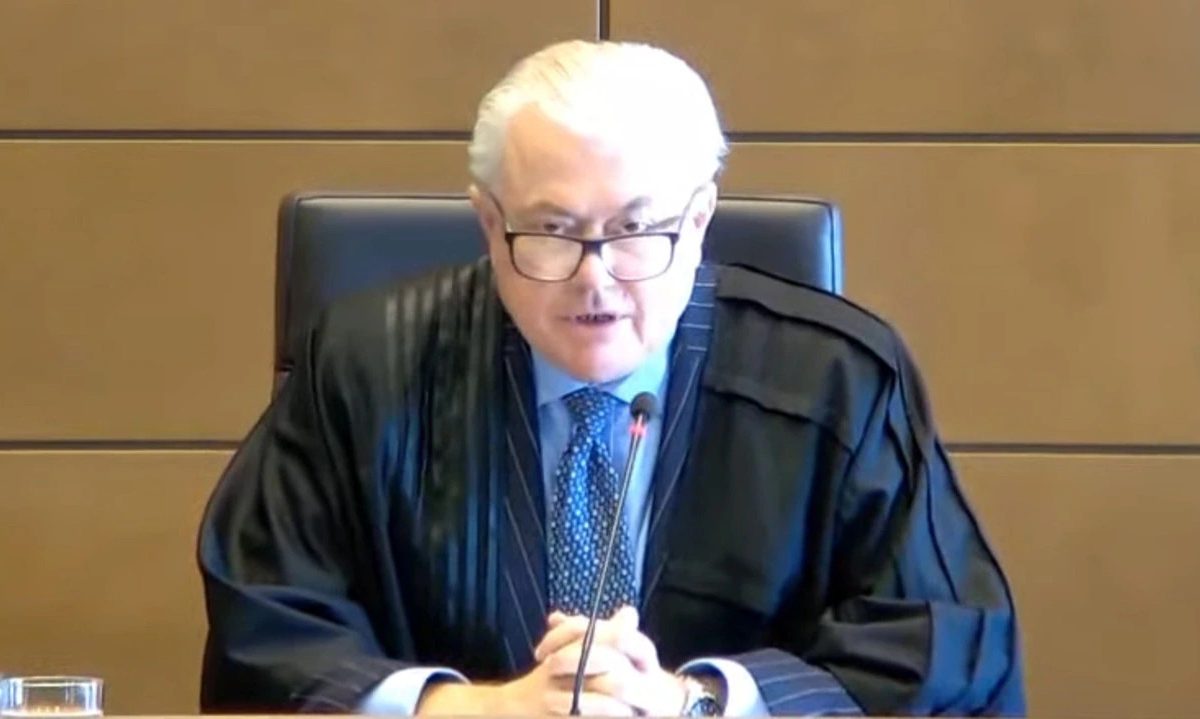BILL Shorten has laid bare one of the greatest political challenges facing political leaders and most politicians.

Sticking to principle, on the other hand, may mean not getting elected with no possibility of bringing about other important changes.
The last federal election was fought on “stop the boats”. The policy appealed to Australian xenophobia and played to fearmongering. However, it also appealed to those who favoured an orderly immigration process allowing governments to control who arrives, clarifying their political backgrounds and assessing suitable skills appropriate for Australia’s nation building.
The debate swung the political pendulum to the right. In marked contrast to the approach taken by the late Malcolm Fraser, when he accepted the Vietnamese boat people, the Abbott government with Scott Morrison at the immigration helm made it clear that boat people would never successfully settle in Australia. They made the policy work.
Opposition Leader Shorten must get the boat people off the agenda if he is to have a real chance at winning the next election. Unfortunately for him, introducing a sympathetic and more humanitarian approach (which the vast majority of Labor members would probably prefer) would largely increase the likelihood of losing the next election.
As a compromise, Shorten promised in his address to the Labor National Conference “to accept more refugees, and treat refugees more humanely”.
If Labor loses an election fought over boat people, the “stop the boats” policy will remain unchanged anyway. Therefore, maintaining the current Labor approach to this policy area is simply a daft quixotic tilt at windmills.
Windmills; clean-energy producing wind turbines and solar farms are a far better battleground for Labor.
It is critical for an opposition leader to strategically manipulate the debate on to the arena of their own choice. Tony Abbott’s almost obsessive support of the coal industry, along with his enthusiasm for undermining support for clean, renewable energy provides a much better high ground from which a renewed Labor can launch an electoral offensive.

Similarly, Barnaby Joyce’s blatant “not in my electoral backyard” illustrates the danger for the National Party.
Throw into the mix the libertarian “no-regulation” Senator Leyonhjelm from the Liberal Democrats and the hard-right-wing Senator Madigan from the DLP (with their unrelenting attack on the wind industry) and the Prime Minister is at risk of watching ultra-conservative elements of his party shift to these groups.
Meanwhile, the genuinely “liberal” elements might move to voting Labor over his failure to support sensible business measures that tackle climate change.
Climate change is an issue that will unite Labor. Shorten can use the issue to illustrate that he has the long-term interest of the community at heart.
It provides him with the opportunity to look like a statesman in contrast to Abbott whose interest appears limited to the short-term economics of the electoral cycle. Labor can also expect to pick up some of the Greens’ supporters that they will otherwise lose over the change to refugee policy.
Risking his leadership to make a strategic move in preparation for the next election prepares the ground for Shorten to have a real chance at the role of prime minister. It is worth the risk – but he could wait no longer for the debate.
Shorten demonstrated in a previous era, as he played a kingpin role in changing former Labor prime ministers, that he is ultimately a pragmatist. He might eat some humble pie now by admitting the Liberal policy on the boats has worked – but he will also demonstrate political leadership as he significantly improves Labor’s chances at the next election.
Who can be trusted?
In a world of spin and confusion, there’s never been a more important time to support independent journalism in Canberra.
If you trust our work online and want to enforce the power of independent voices, I invite you to make a small contribution.
Every dollar of support is invested back into our journalism to help keep citynews.com.au strong and free.
Thank you,
Ian Meikle, editor





Leave a Reply